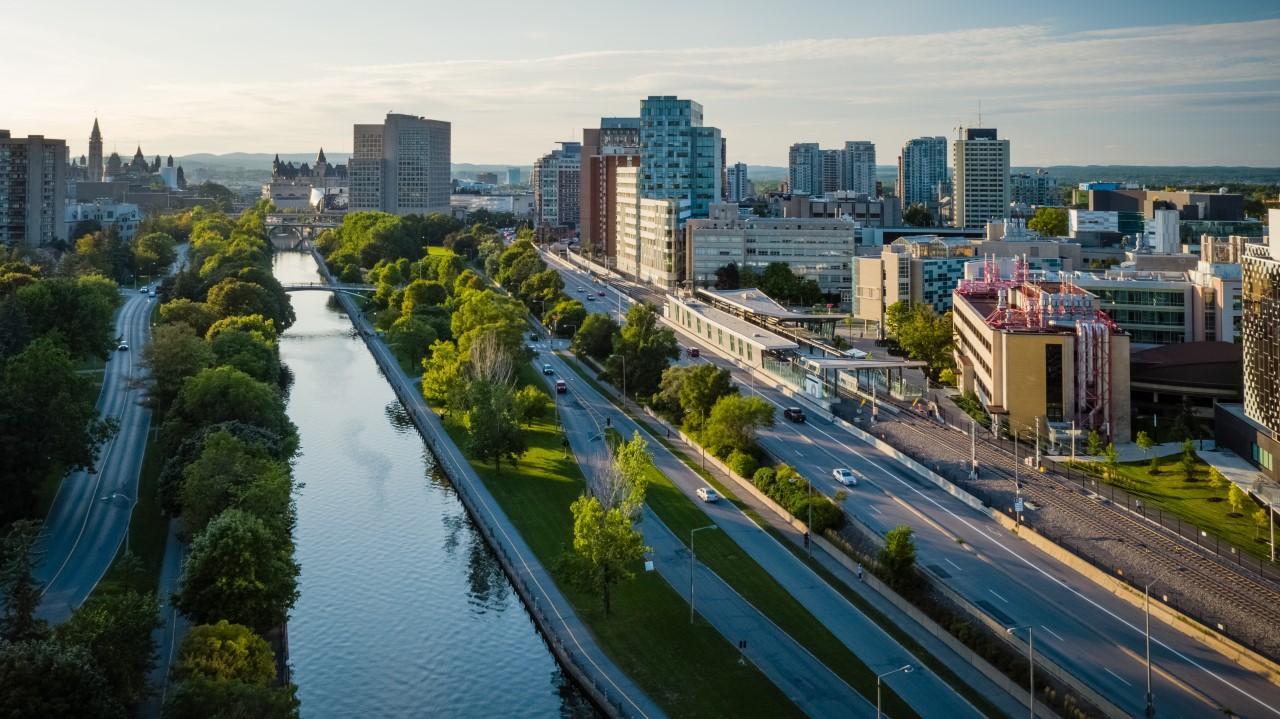Originally published by Global Public Affairs on August 3, 2021
In 1867, through the Indian Act, Indigenous inherent economic rights were systematically and expressly stripped. Many Canadians do not know that from 1881 until recently as 2014; the Indian Act contained a permit system to control First Nations’ ability to sell products off the reserves. Nor that until 1951, Indigenous peoples were not considered Indians under the Indian Act if they obtained a post-secondary school degree, which then meant if you were a lawyer or an engineer or a doctor, your Indian status was stripped away. We lost mentors and role models for our youth and the opportunity for intergenerational wealth, which made way to generations of financial struggle and trauma. Therefore, it is important to support an Indigenous economy and why we must work together to ensure all Canadians are dedicated to building respectful economic partnerships.
In part, the role of the CCAB is to build relationships and partnerships between Indigenous and non-Indigenous businesses, helping to grow the economy, which means prosperity for Indigenous peoples and the whole country.
For the past eight years, CCAB’s research team has worked throughout Canada to provide Indigenous peoples and business owners, government, corporate and academic communities with data-driven insights into the state of Canada’s emerging Indigenous economy. Although Indigenous peoples were effectively excluded from the Canadian economy, they have persisted. Indigenous peoples are the youngest and fastest-growing demographic in Canada, and they are creating businesses at nine times the rate of the average non-Indigenous Canadian. There are close to 60,000 Indigenous businesses across Canada, every sector and size and every province and territory. The outlook is positive, but there is significant work to do!
A Canada-wide survey of Indigenous and non-Indigenous businesses, conducted by CCAB in partnership with Environics Research, showed intense mutual interest in improving and facilitating procurement opportunities as one of the critical elements of economic reconciliation. Through this data and discussions with Indigenous communities in other countries, CCAB launched Supply ChangeTM, an Indigenous procurement strategy, in 2018. Supply ChangeTM is helping lead the way for corporate Canada to commit to economic reconciliation and responsible procurement strategies. With our Certified Aboriginal Business membership program and Aboriginal Procurement Champions, we are growing CCAB’s Aboriginal Procurement Marketplace to be the leading platform for connectivity and business capacity.
We also worked hard to encourage the federal government to increase their procurement spend to at least 5% target, which has sat at less than 1% since 1996. We were pleased to see this requirement in the mandate letter to the Minister of Public Services and Procurement and are committed to ensuring that the government can achieve a 5% target. This target would bring the total Indigenous procurement with the federal government close to the one-billion-dollar mark. If we can do the same with all provincial and territorial governments, that number would increase significantly. This is money that the government is currently spending on goods and services. It isn’t a new spend, an increase on the tax base or the expense line of the budget; it is a commitment to empowering Indigenous communities through the current spend, which can immediately impact closing a significant economic gap. Moving forward with the federal 5% Indigenous procurement target is an important step forward towards economic reconciliation.
Consumers can also help make an impact by changing the way they buy goods and services. Direct the money you already spend towards a positive impact and start your own path towards economic reconciliation. Consumers today are aware of how and where they spend their money, which is why we have seen that strong push for environmentally sustainable businesses. Purchasing goods and services from Indigenous businesses, where sustainability and social responsibility are rooted within their business models, makes good business sense and an ethical and social responsibility action that all Canadians can and should live by and follow.
Governments, corporations, and consumers, together with supporting strong Indigenous businesses, are an essential pathway to healing Canada’s relationship with First Nations, Inuit and Métis peoples. Remain responsible for learning the history of Canada’s First Peoples. By engaging in cultural understanding and strengthening community relations, we can walk the shared path towards an inclusive economy and prosperity for all Canadians. Economic reconciliation is where we each can make a tremendous impact every day!

